It’s a new year and many organizations spent the last few months hammering out their lists of goals for 2024.
Now it’s time to take action and pursue those heroic ambitions, powered by a new and meaningful kind of learning.
In this moment of fast forward, it’s also a good time to recommit to the traditional organizational values that get you to great places — things like clear communication, critical thinking and professional development. Often the best way to improve these skills is through the visceral power of experience. That’s why experiential learning is such an essential part of Group Coaching.
Experiential learning creates an active environment where teams can work together to solve a problem. It allows anyone to practice new skills in a supportive environment with immediate feedback from peers.
To quote Ben Franklin: “Tell me and I forget. Teach me and I remember. Involve me and I learn.”
Experiential learning is a people-powered approach that’s embraced by many organizations. Deloitte, for instance, launched Project 120, an ambitious learning and development program that goes beyond technical skills to include the refinement of essential human skills. “Now’s the time to transform how we think about learning and development,” said Joe Ucuzoglu, Deloitte US CEO. “It’s not just about business performance. It’s about enabling our people to feel even more fulfilled and driven by our work and our purpose, which in turn drives better business outcomes.”
With experiential learning’s supportive and nourishing structure, there is no chance of falling on your face. Everyone is in a shared experience to learn. Deloitte calls it “in-the-flow” learning. You get quick answers to questions or issues on which you may be stuck. For example: I want to engage with a new stakeholder inside my company every week, but how the heck do I do that? What does it look and feel like? What do I say and how do I act?
Neurologist Judy Willis has explained how this kind of engagement increases levels of dopamine, endorphins, and oxygen — all things that promote learning. This form of learning also leads to metacognition, or evaluating how one thinks and learns. It’s thinking about thinking. This helps learners develop an understanding of their own strengths and weaknesses and what approach is most useful in specific situations. This self-awareness promotes knowledge and optimizes understanding, memory, and independent learning skills.
This approach is not always easy. In fact, we’ve seen many instances where it may feel awkward at first. But many participants soon lean into the discomfort and ambiguity of not having all the answers. They value the opportunity to learn from their peers, as well as having dedicated time and space to focus on their leadership development.
Hands-on learning combines direct action with focused reflection and it’s so effective because it connects a deed with its impact. Feedback is immediate. The ROI of this cohesive action is apparent as you move from readiness to action to proficiency.
Better still – you’re not alone in your learning journey. Instead, you have an in-built ecosystem of accountability. Close partners work with you. These folks ask provocative questions and you’ll respond. In this way you learn where you’re stuck or may need to change perspective.
This approach can improve teamwork and collaboration as well as help you better understand the head and heart of the folks you’re working with. In other words, experiential learning develops skills that are critical in the workplace. According to the IBM Institute for Business Value, the top skills managers sought to improve in the workplace were behavioral. Translating thinking into behaviors is critical for sustained results in any business. And there is no better way to change behaviors than through the proven results of Group Coaching.
Experiential learning provides the road map to powerful change. That’s why it’s such a critical part of Group Coaching. It’s simply the most reliable way to build skills and speed workplace improvement. It is learning at its most effective.











